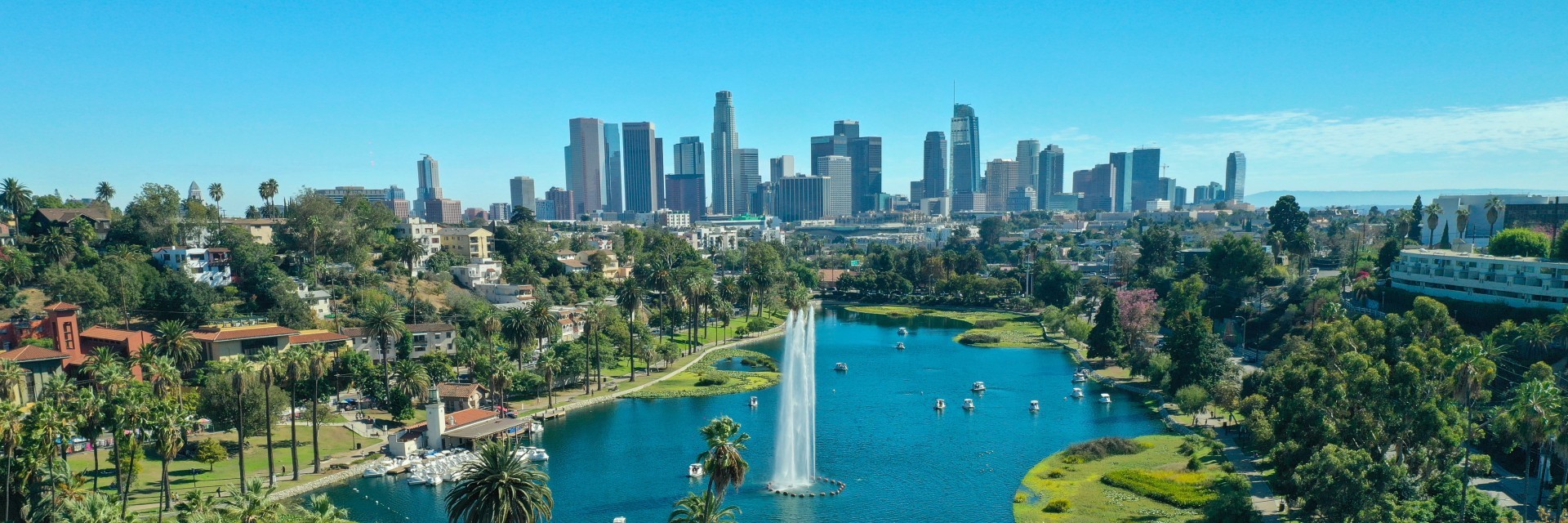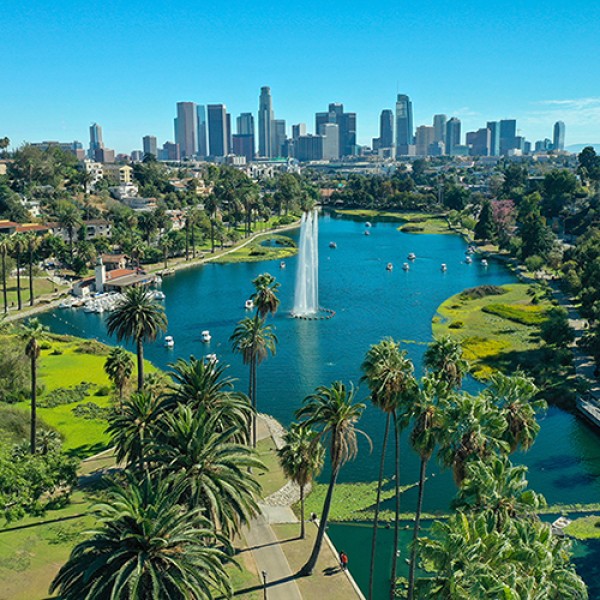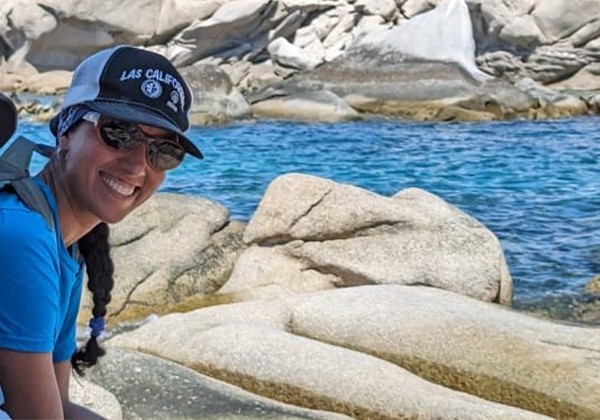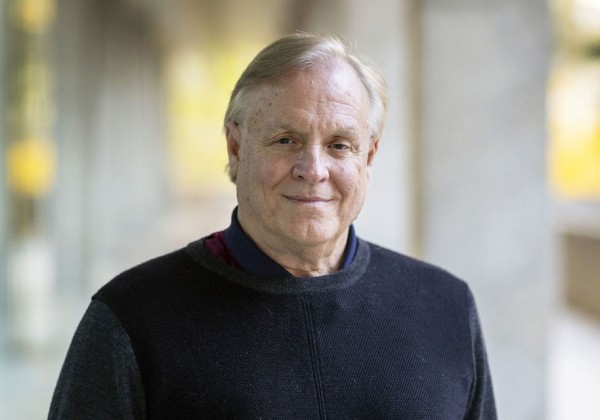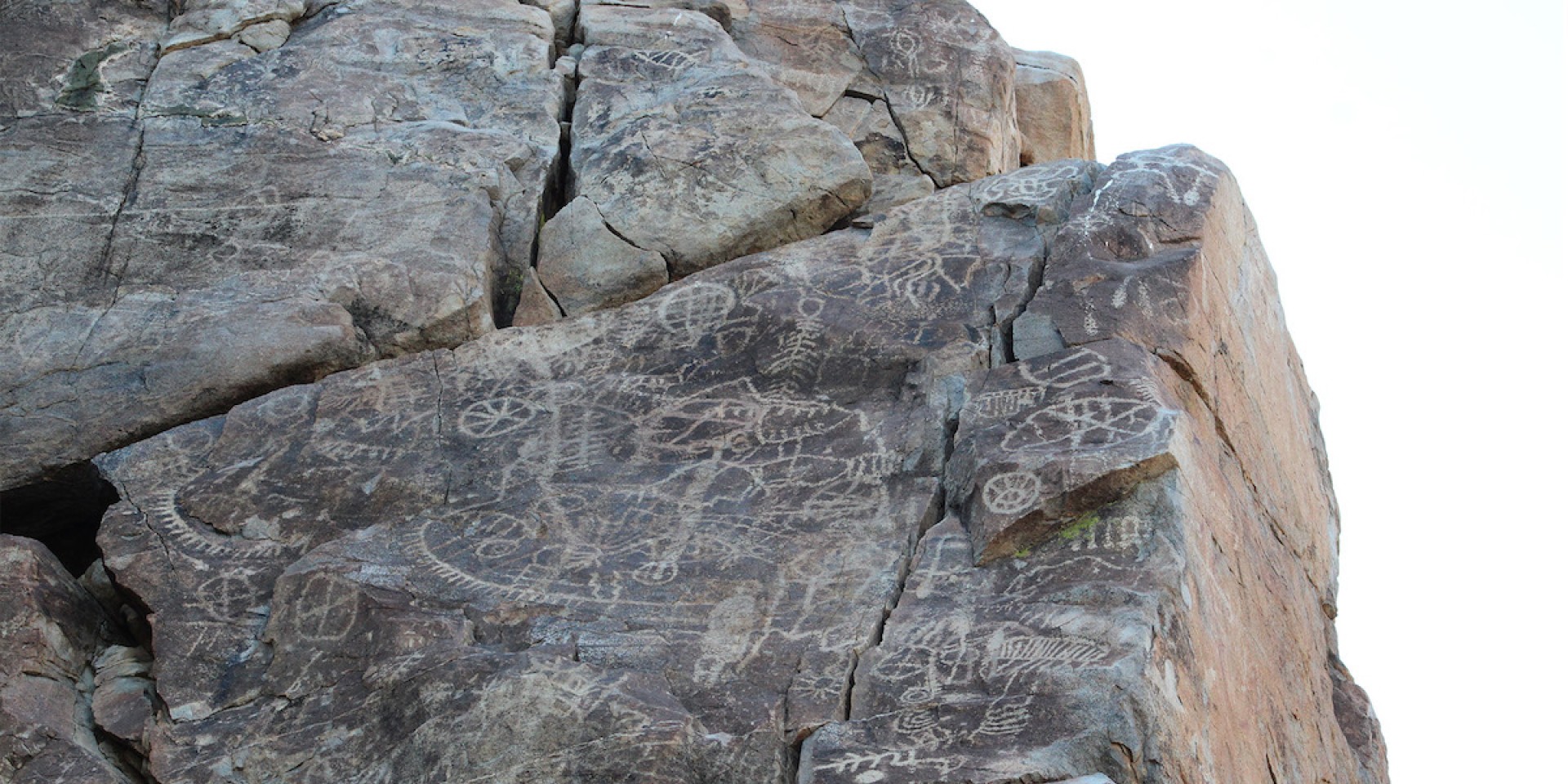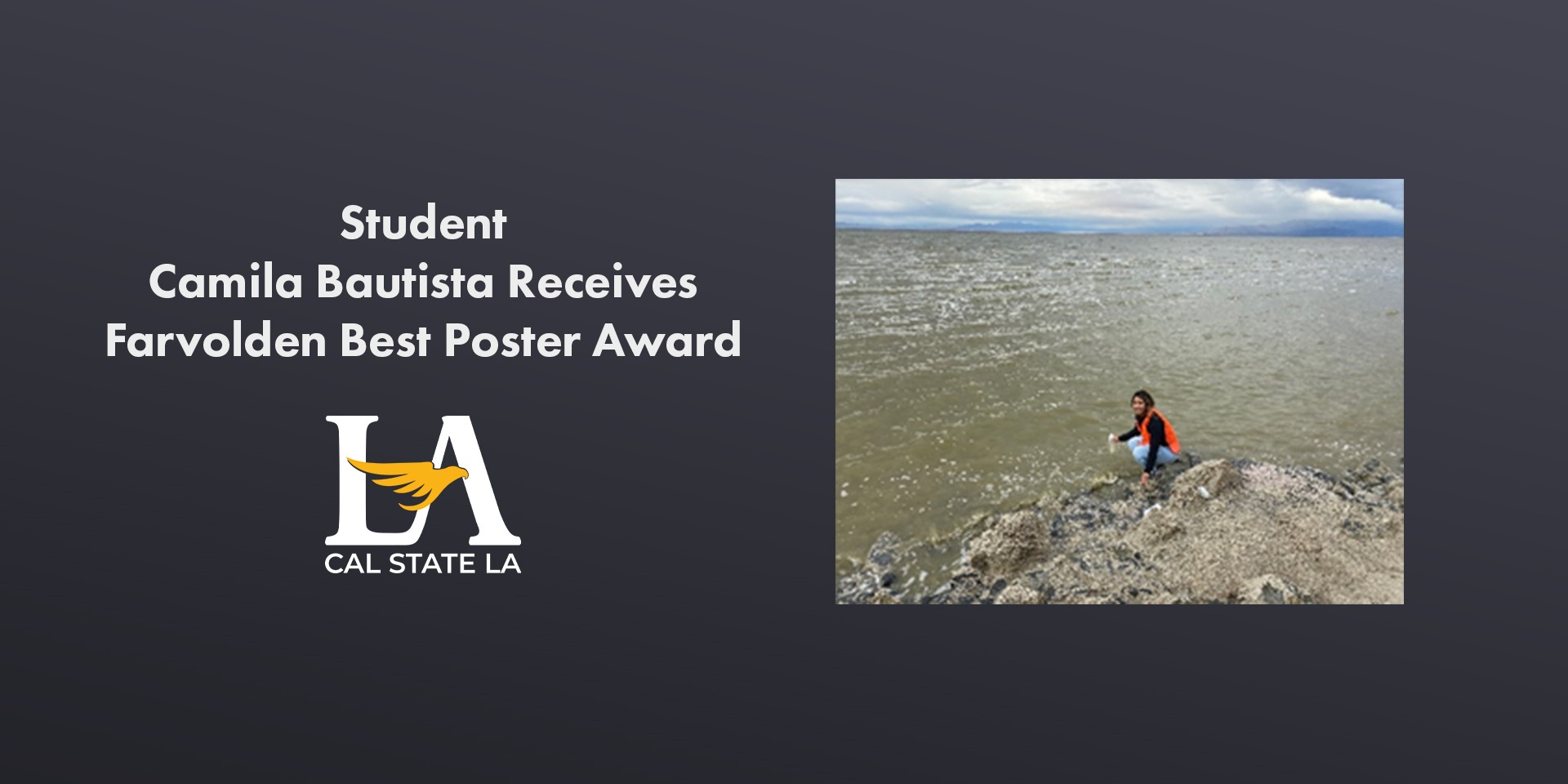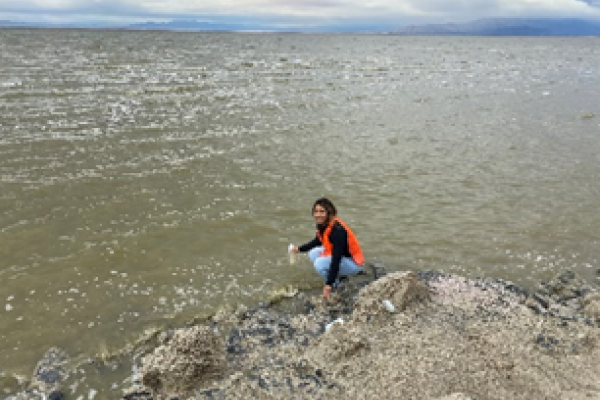The Borderlands Center, housed within the Urban Ecology Center at Cal State LA, aims to address the critical ecological and social challenges faced in borderland regions worldwide. This initiative combines research across natural and social sciences through interdisciplinary collaborations to explore how political, ecological, and social systems intersect and shape dynamic borderland communities. As global climate change, migration patterns, and resource management issues evolve, the Borderlands initiative provides an essential platform for exploring innovative solutions that support ecosystem health and community resilience.
Vision and Approach
Our Vision: The Borderlands Center seeks to develop a deep, multidisciplinary understanding of borderland systems, focusing on the resilience of ecosystems and communities. We aim to build partnerships that bring together faculty, students, and stakeholders to improve public policy and management strategies in borderland areas.
Our Approach: We focus on the dynamic relationships and interrelationships between geography, ecology, politics, society and culture in borderlands broadly defined through partnerships across the sciences, humanities, and social sciences. Our goal is to apply innovative research to understand and address the evolving challenges of these hybrid and liminal regions.
Three Inter-Connected Layers
The Borderlands Center is structured around three primary research areas, each of which examines a different aspect of the borderland experience.
Borderlands occur globally as physical spaces, regions where communities are divided physically and/or jurisdictionally. These places have particular social, political, and cultural dynamics that are shaped by the inter-scalar governance of boundaries and their frontiers.
Environmental and natural phenomena are both affected by and go beyond physical and jurisdictional boundaries created through political processes. The political-ecological area of borderlands pays particular attention to the ways in which the environment is affected by and entangled with the political processes of border areas and because of borders, which often partition what are essentially continuous biogeographic regions.
Borderlands are also non-geographical. Bordering processes create social, economic, and cultural delineations of inclusion and exclusion, classifications, and categories, often separating/partitioning traditional use areas and cultural and Indigenous landscapes. These processes lead to social and political borderland constructions that impact daily life, become institutions, and define mobility. In addition, emergent ecologies of hybridity are rising from borderlands as their social, environmental, and political contexts rapidly change.
Education and Community Involvement
The Borderlands initiative offers hands-on research opportunities for students, fostering a new generation of scholars who will lead in addressing borderland challenges. Through educational outreach and community partnerships, we aim to raise awareness and promote resilience in both local and global borderland regions.
Featured Event
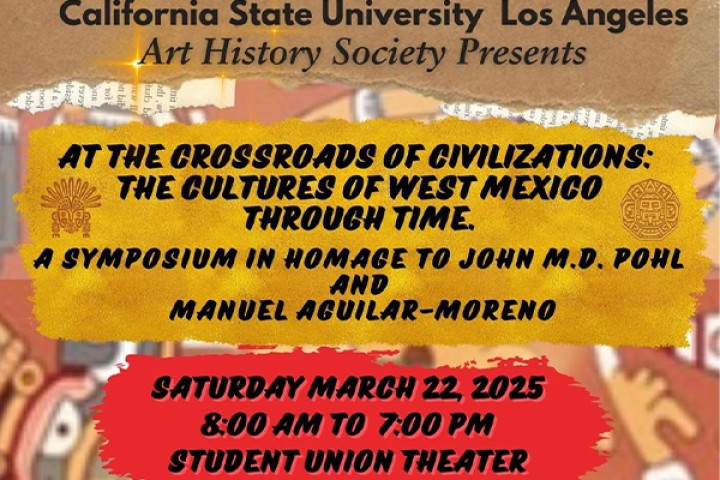
Join us for the 2025 Art History Society Symposium! The Art History Society invites you to At the Crossroads of Civilizations: The Cultures of West Mexico Through Time, a special symposium honoring John M.D. Pohl and Manuel Aguilar-Moreno. Explore the rich histories, artistic traditions, and cultural exchanges of West Mexico through expert discussions, presentations, and more.
Looking Ahead
As we move forward, the Borderlands Center will continue to expand its partnerships and research efforts, working closely with governmental agencies, Indigenous communities, and local stakeholders. Through long-term studies and collaborative projects, we aim to inform public policy and contribute to the sustainable management of borderland ecosystems.
